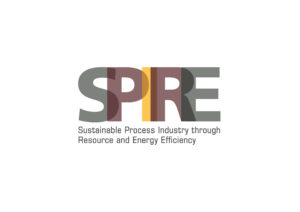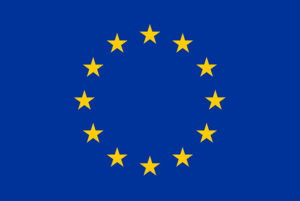Monitoring and demonstration plan

The RETROFEED approach is being demonstrated in six industries from five different resource and energy intensive sectors, namely:
- TORRECID in the ceramic frits sector
- SECIL in the cement sector
- ASAS in the aluminum sector
- FERRIERE NORD and TENARIS SILCOTUB in the steel sector
- FERTIBERIA in the agrochemical sector
For each of these demo-sites, a Decision Support System (DSS) is being developed, a software tool intended to assist plant managers and operators in assessing the best retrofitting options and operation plan of the improved processes. In order to do so, the DSS will rely on simulation tools, capable of providing information on the functioning of the relevant processes in the demo-site. In the last weeks, it has been described how data has to be exchanged from each demo-site to the DSS and further utilized for model training-validation, energy audits and data analysis such as life-cycle assessment (LCA), socio-economic assessment and life-cycle costing (LCC) assessment.
In a nutshell, the main functionalities of the RETROFEED tool running on the DSS require fresh data from demo-sites. This data should be collected on a regular basis in order to keep an up-to-date local copy on the DSS server. Therefore, demo-sites have to be able to exchange data with DSS needs with a quasi-real-time approach to follow communication protocols for securely exchanging the data (Figure 1). The data exchange protocols for each option and the common interface have been defined by ODYS in collaboration with OPTIT, and each demo-site has given flexibility to choose and implement a solution that aligns with their specific needs.

Figure 1. Overview of data exchange between DSS and demo-sites
Moreover, for the environmental, social and economic impact assessment as well as energy audits, analysis does not require data on a regular basis. Therefore, a common data management framework has been agreed between the partners for such analysis (Figure 2).

Figure 2. Overview of data exchange between the DSS and data analysis to be carried out
Finally, since the privacy of the demonstrators’ sensitive data is crucial, a particular emphasis has been given to this by describing the security policies adopted both by the demo-sites and in the definition of data management protocols.

